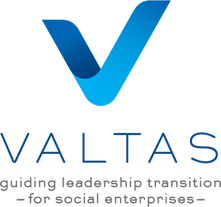THE LATEST FROM VALTASNews, updates, and stories to keep you in the know.
|
|
“Editor’s note: Our community includes many exceptional leaders. From time to time, Valtas gives voice to them by including their commentary in our blog. We hope you enjoy them as much as we do!”  No question about it, interviewing and hiring somebody is a pretty big deal. If you're a manager tasked with bringing a new employee on board, not only is the candidate you choose going to influence your own career success to a large degree, but you're also going to be spending a huge chunk of your waking life with the individual in question. One recent study from HP Workplace, in fact, suggests that 56% of professionals spend more time with their “work family” than they do with their real family! Given this dynamic, it's important for job seekers not only to preparefor interviews in a technical sense, but toalso recognize the critical role that trust, rapport, and likeability play in nailing down a successful job offer.Far too many interviewees I've encountered overlookthese important elements and approach interviews as if they were some sort of formal "test" they had to pass --instead of a relationship-building exerciseandchance to interact with and get to knowa fellow human being. So if you've got an interview or two coming up in your pipeline, here are 5 quick tipson how to build stronger rapport with hiring managers: 1) Make small talk. know, I know.Not all of us are very good at superficial chit-chat or think it should have any bearing ona person's chances of landing a job.But, alas, it does.First impressions matter and small talkis a time-tested human practice for helpingavoid awkwardness and engender rapport when meeting someone new for the first time.So grin and bear it if youhave to, but do your best to engage in a little back-and-forth banter about the weather, sports, current events, or any other "conversational clues" you notice bylooking around the employer's office. 2) Add the element of emotion. Employers already have read through the facts of your background on your resume, so reciting these particulars again in the interview is a guaranteed snore-fest.Instead, focus on sharing the content they DON'T know anything about, which is how you feel about your career, what you enjoy about it, where your passions lie, and what key learning milestones you've experienced.So right out of the gate, starting with the opening "tell me about yourself" question, make sure to approach your answers from a more personal and emotional angle if you want to capture/hold the employer's attention. 3) Don't just dive into examples. Another common mistakeI witness when conducting mock interviews is candidates who are so primed to answer potential "behavioral interview" questions (e.g. cases when you're asked to give an example of a particular skill or strength) that they immediately launch into a canned, clinical S.T.A.R. format response.There's no warmth.No humanity. No conversational flow to put the interviewer at ease or help them get to know you better. So the next time you get asked to illustrate one of your strengths with an example, take a moment to first acknowledge the question, show that you "get" the importance of it, and perhaps make an interesting comment about the topic at hand. Then go ahead and share your example story and, when finished, circle back around and acknowledge the topic of the question yet again to put a nice conversational "bow tie" on your answer. 4) Ask questions and show curiosity. Despite what many career books would have you believe, and perhaps some overly structured interview situations, most employers would much rather be engaged during the interview and hold a two-way discussion rather than just engaging in a clipped, impersonal back-and-forth Q&A session. So let your curiosity come out and ask occasional probing questions throughout the course of the interview instead of waiting until the very end. Show the employer you're tracking the conversation closely and that your primary goal is to understand their needs, inside and out, to see if you're the right person to solve them. 5) Let them know you want it. Last but not least, if a hiring manager has several good candidates with similar qualifications, they're likely going to offer the job to the person who most seems to appreciate and want the opportunity. So don't just assume the employer knows you'd like to work there. At the end of the interview, actually tell them directly you were impressed by what you heard, feel you could excel at the role in question, and hope they'll seriously consider you for a spot on their team.Makea final positive impression that leaves no doubt that they've "hooked" you and that you're interested in next steps!  About the Author Matt is a recognized expert in the field of career coaching, job hunting, and professional employment counseling. After witnessing the intense structural transformation of the job market over the past decade, he founded Career Horizons in 2004 to assist clients in navigating successfully through these unfamiliar and largely uncharted waters. In his current role, he consults with clients at all levels on how to assess their careers, explore their occupational options, reach their full potential, and master the complex dynamics reshaping today’s employment marketplace. Matt’s delivery style is characterized by his intense passion for the career transition field and his ability to help clients develop practical, real-world solutions for addressing their job search challenges. To date, he has delivered hundreds of group career workshops and provided one-on-one coaching to over 11,000 individual job seekers at all levels, ranging from entry-level employees to Fortune 100 executives. A frequent author and speaker, his thoughts on the employment landscape are featured regularly by media sources such as NPR, KING-5 TV, and advice columns he’s authored for the Seattle Times and Puget Sound Business Journal. Comments are closed.
|
THE LATEST FROM VALTAS
You are welcome to subscribe to get the latest news, updates and insights from our team. Subscribe:Ask Valtas!Categories
All
Archives
July 2024
|

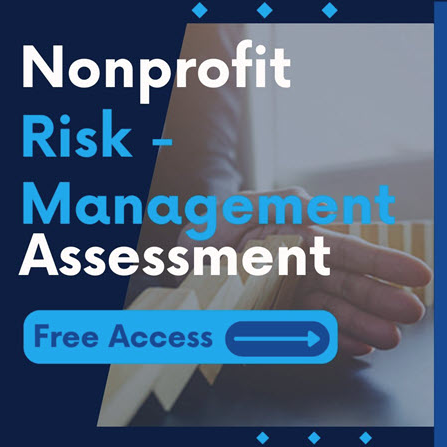
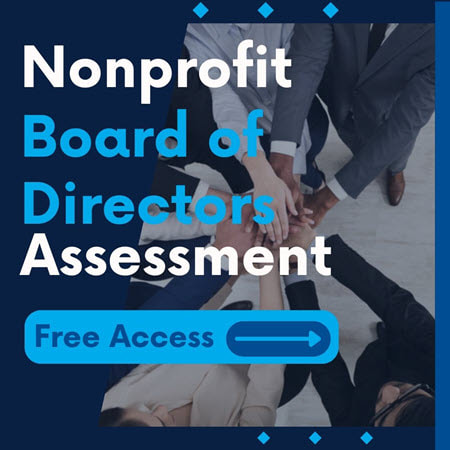
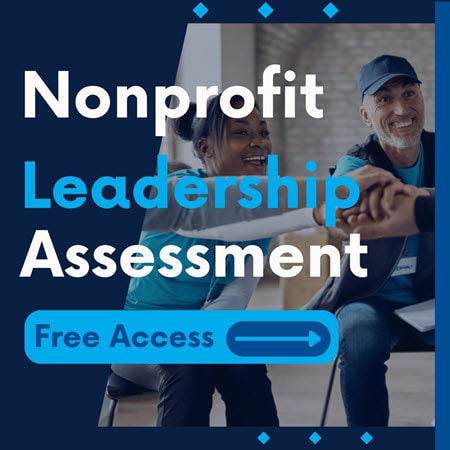
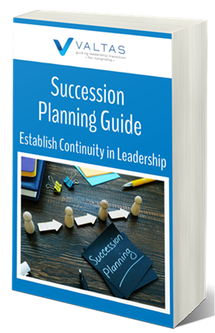
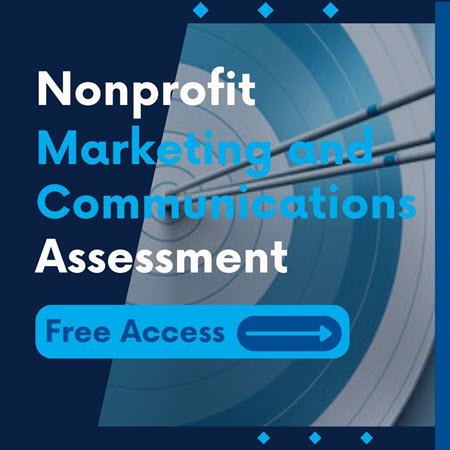
 RSS Feed
RSS Feed
